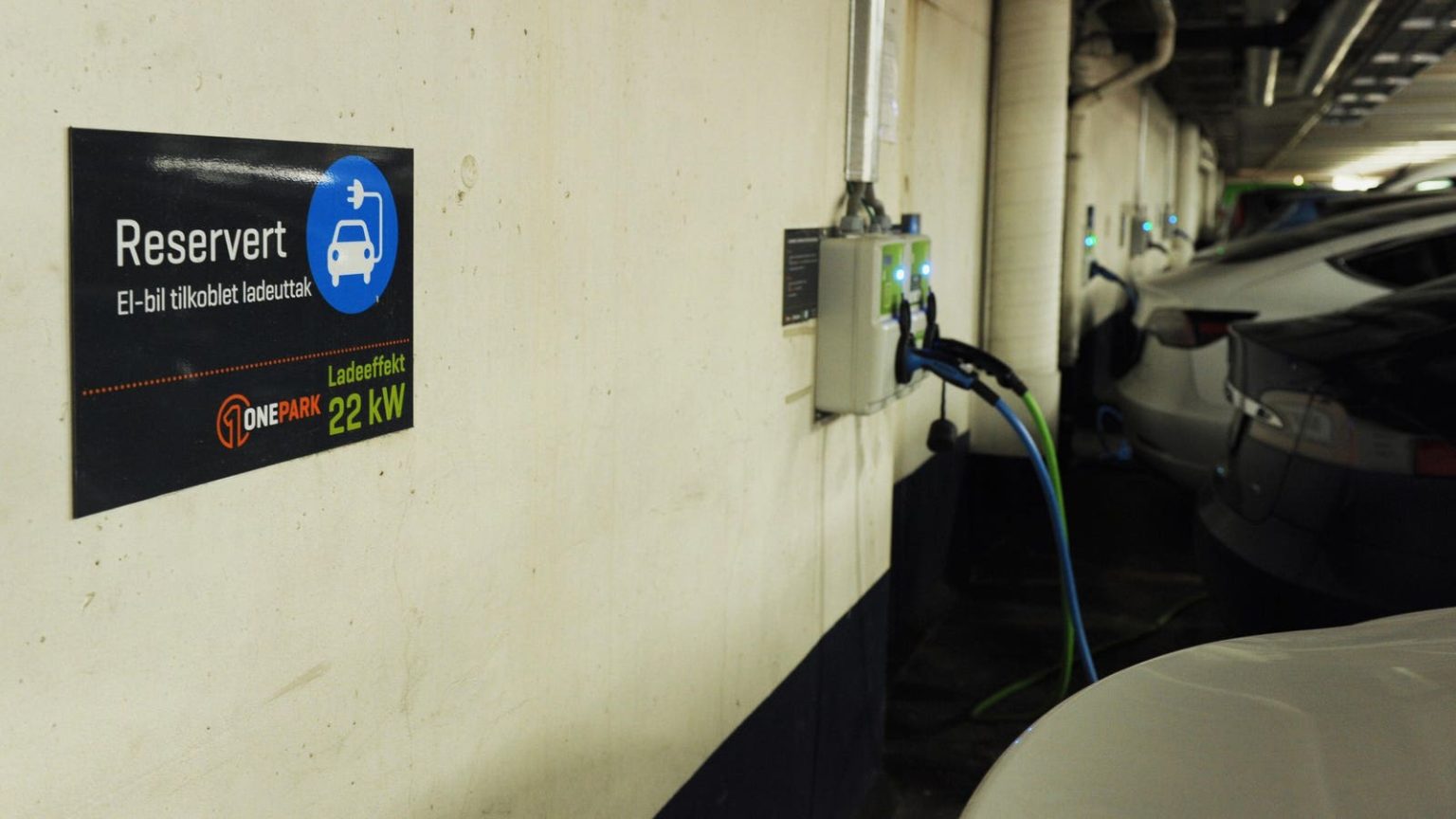In Norway, the government successfully increased the adoption of electric vehicles (EVs) through effective policy changes. By removing taxes on the sale of new EVs and allowing EV drivers to use special lanes, they incentivized people to switch to electric cars. As a result, Norway now has the highest adoption rate of EVs in the world, with over 82% of new car sales being electric in 2023. This stands in stark contrast to the US, where only 7.6% of new car sales were electric, and China, where EVs accounted for 24% of new car sales in the same year.
The success of Norway’s policies in increasing EV adoption has not only had an impact on reducing greenhouse gas emissions but has also helped to boost the growth of climate tech startups. By investing in EV chargers across the country, the government addressed another barrier to adoption, making it more convenient for people to switch to electric cars. This proactive approach to tackling climate change has the potential to inspire other countries to follow suit, ultimately leading to a decrease in global oil demand and a reduction in transportation-related emissions.
The impact of policies on the success of climate tech startups cannot be understated. By creating a supportive environment for industries focused on sustainable solutions, governments can help accelerate the transition to a low-carbon economy. Norway’s example serves as a testament to the power of policy changes in driving positive environmental outcomes and fostering the growth of innovative technologies that can address the challenges of climate change.
As transportation accounts for 14% of global greenhouse gas emissions, the shift towards EVs has the potential to significantly reduce the carbon footprint of the sector. If more countries were to follow Norway’s lead in incentivizing the adoption of electric vehicles, the demand for oil worldwide could peak earlier than expected. This would not only benefit the environment but also create opportunities for businesses in the clean energy sector to thrive.
The success of Norway’s policies in increasing EV adoption highlights the importance of proactive and strategic decision-making in addressing climate change. By identifying key barriers to sustainable practices and implementing targeted solutions, governments can play a crucial role in driving the transition towards a more environmentally friendly economy. The case of Norway serves as a beacon of hope for the future, showing that with the right policies in place, significant progress can be made in reducing emissions and supporting the growth of sustainable technologies.
In conclusion, the example of Norway’s successful policies to increase the adoption of electric vehicles demonstrates the transformative impact that effective government intervention can have on addressing climate change and supporting the growth of climate tech startups. By removing barriers to EV adoption, such as taxes on new purchases and lack of charging infrastructure, Norway has created a conducive environment for sustainable transportation practices to thrive. This success story serves as an inspiration for other countries to follow suit and implement policies that not only benefit the environment but also foster innovation and economic growth in the clean energy sector.


